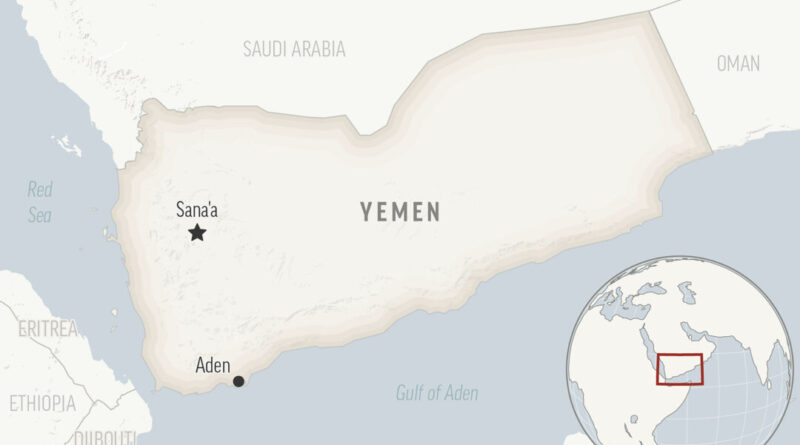Treasury Imposes Sanctions on Vessels Supplying Oil Derivatives to Houthis
Alongside the newly sanctioned entities, the Treasury highlighted previously designated vessels that remain active in supporting Houthi activities.
On Monday, the U.S. Department of the Treasury’s Office of Foreign Assets Control (OFAC) announced new sanctions targeting vessels and companies alleged to be delivering oil derivatives to Houthi-controlled ports in Yemen, thereby financing the group’s attacks on international shipping in the Red Sea.
This action freezes the assets of three shipping companies and their associated vessels for providing material support to the Houthis, who the U.S. government has recently re-designated as a specially designated global terrorist group and a foreign terrorist organization.
“Today’s actions reinforce our commitment to disrupt the Houthis’ efforts to finance their dangerous and destabilizing attacks in the region,” said Deputy Secretary of the Treasury Michael Faulkender. “Treasury will continue to utilize our tools and authorities to target those who aim to enable the Houthis’ exploitation of the Yemeni people and their ongoing campaign of violence.”
The Houthis, who control essential Red Sea ports such as Hudaydah, Ras Isa, and Al-Salif, generate millions of dollars by taxing and selling goods that pass through these areas, according to the Treasury.
The group has deployed missiles, unmanned aerial vehicles, and naval mines to attack commercial shipping interests in the Red Sea, jeopardizing global freedom of navigation and the integrity of international commerce, as stated by Treasury officials.
Refined petroleum products, particularly, are sold at inflated prices on Yemen’s black market, generating revenue for military equipment purchases while creating artificial shortages for civilians, according to Treasury officials.
The vessels targeted in Monday’s action offloaded cargo at Houthi-controlled ports after a U.S. general license expired on April 4, 2025, which had previously permitted certain transactions involving refined petroleum products.
In addition to the newly sanctioned entities, the Treasury mentioned previously designated vessels that continuously operate in support of Houthi activities, such as the Clipper and the Akoya Gas, both associated with Iranian oil networks.
As a result of these designations, all property and interests in property of the sanctioned parties within U.S. jurisdiction are frozen, and U.S. persons are generally prohibited from engaging in transactions involving them. Treasury officials also cautioned that providing support to the Houthis not only carries sanctions risks but also significant safety risks, putting vessels and crews at risk of potential attacks.
The Treasury emphasized that violations could lead to civil or criminal penalties and that foreign financial institutions could face secondary sanctions for executing significant transactions on behalf of designated parties.
The agency reiterated that its objective is not merely to punish but to motivate behavioral changes through economic pressure.
Zachary Stieber contributed to this report.





